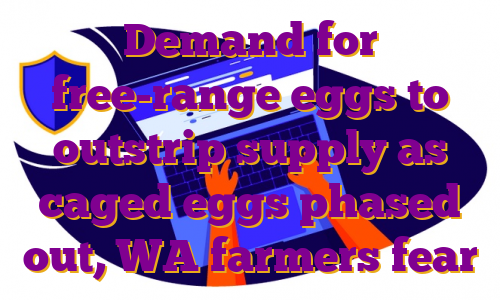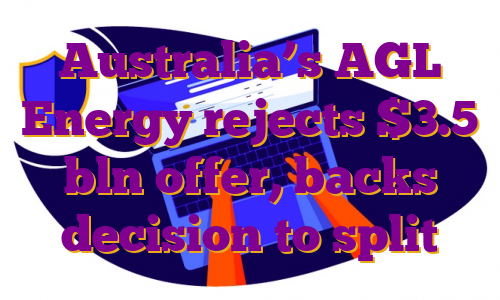West Australian farmers are concerned they will not be able to produce enough free-range eggs to meet consumer demand when caged eggs are phased out.Key points:
- Caged eggs will be phased out nationally by 2036
- 36 per cent of WA’s eggs are caged
- Farmers fear they will not be able to keep up with consumer demand for free-range eggs
Australia will phase out conventional layer hen cages by 2036, news that came amid an egg shortage in WA.Albany Fresh Farm Eggs owner Colin Ford’s 18,000 free-range hens have a laying rate of about 90 per cent, a figure similar to caged-egg production.But he said that would still not be enough for manufacturers.”I’m not too sure that free range can supply the demand for eggs … I’m not too sure where it’s going to head to when the ban on cages comes into place,” he said.”I think the industry will have to do a lot of soul searching to see where they’re going to get the bulk of their production from in terms of the manufacturing industry for eggs.” Albany Fresh Farm Eggs produces about 15,000 eggs daily from 18,000 hens.(ABC Great Southern: Sophie Johnson)WA egg shortage continuesCommercial Egg Producers Association of WA president Ian Wilson, a free-range farmer near Fremantle, said he could not see any benefit from the phase-out of caged eggs.”We struggle at the minute to have enough eggs on the shelves,” he said.”By phasing out the cages that’s going to take away more eggs that are able to be presented to the public.”
Farmers predict they will struggle to have enough free-range eggs.(ABC Great Southern: Sophie Johnson)Currently in WA, about 36 per cent of eggs produced are caged.”Over time when we take that percentage out it will leave a big vacuum to fill,” Mr Wilson said.”With the loss of [the] caged system, we really will find that we will struggle to have enough eggs.”Free-range premium priceMr Ford’s operation is not your typical free-range farm, running at 2,000 hens per hectare compared to the industry standard of 10,000.He said to produce eggs the way he did, extra costs were incurred for the premium product.
Mr Ford has been in the egg industry for four years.(ABC Great Southern: Sophie Johnson)”A lot of it comes down to cost of production, and obviously we incur extra costs to be able to achieve what we want to achieve … we can’t compete on price,” he said.”What we try to do is work with the bird rather than against it, so we provide the bird with an environment where it can display all its natural behaviours.”He said what he did was a niche approach.”You can’t [just] convert to this system, you’ve got to be all in to do it properly,” Mr Ford said.Great Southern newsletter: Local news in your inboxABC Great Southern will deliver a wrap of the week’s news, stories and photos every Thursday. Sign up here. .



